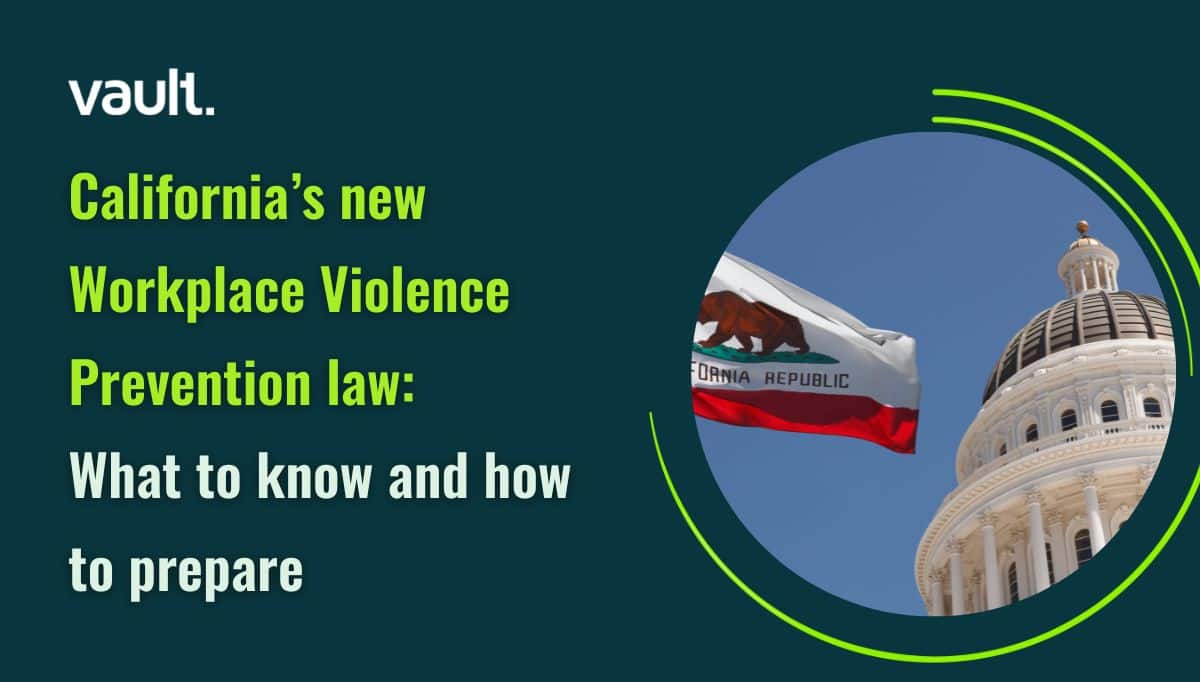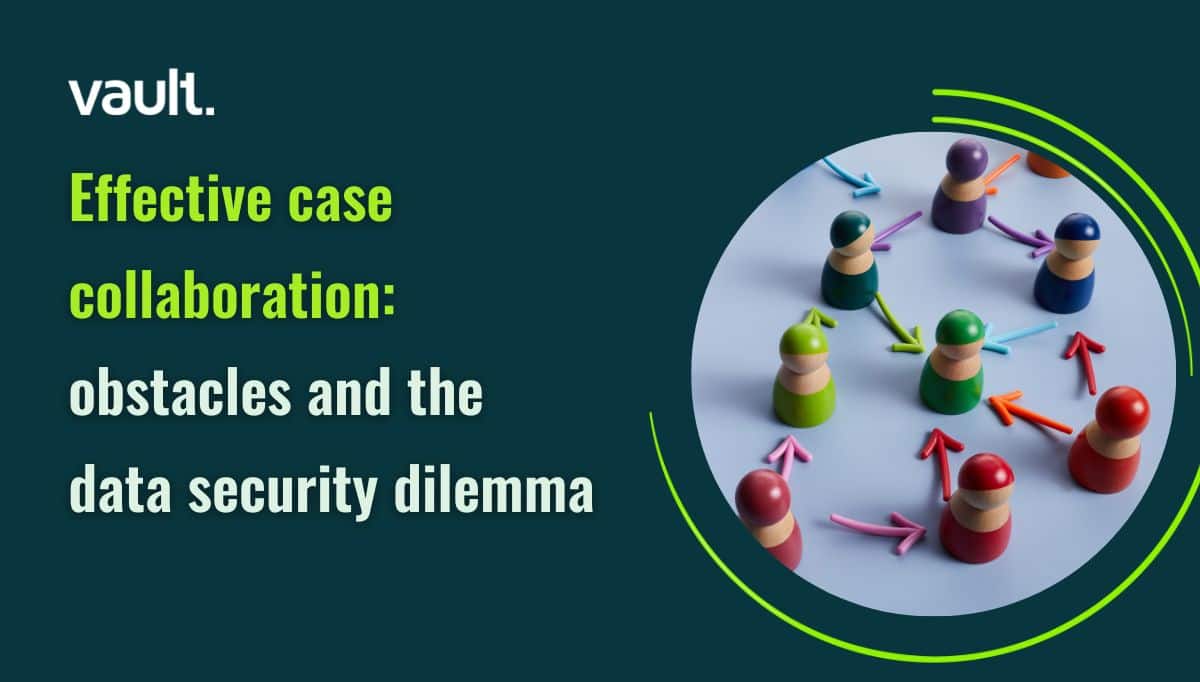
There is a lot of volatility and unpredictability in the business world right now, including economic uncertainties and changing expectations from shareholders and customers. To better understand how this affects the ethics and compliance (E&C) landscape, we asked our Integrity Innovators what they see as the major challenges facing E&C professionals right now and how they’re endeavoring to springboard these hurdles. Here’s what they said.
Wavering trust
Our Trust Gap survey demonstrated that a rift exists between employees and employers which is costing US businesses $20 billion a year on rehiring alone. It also revealed that a third of workers believed their organization would brush aside workplace misconduct if it was likely to impact profits or reputation and that 63% of workplace misconduct incidents are never reported.
Zendesk’s Hemma Ramrattan Lomax said: “One of the biggest challenges for businesses will be instilling and maintaining trust with a workforce that is insecure and burned out, especially in the tech sector, with recent layoffs and hits on revenue and stock prices. It’s important for E&C professionals and leaders to decide how we can best support our colleagues when they’re asked to do more with less.”
Adam Balfour from Bridgestone Americas added: “Trust levels are low and stakeholder expectations of organizations are increasing. While this is a significant challenge in 2023, it’s also an opportunity to really focus on being trustworthy, taking ethics and compliance seriously, and being a purpose-driven and people-focused organization.”
Organizations today need to continue to place a significant focus on trust, considering carefully how they build and maintain it with employees, shareholders, customers, suppliers, and the world at large. Read more about the importance of rebuilding trust in our recent blog post.
Changing expectations
As Hemma alluded to, recent layoffs in the tech industry have many people worried about job security. Moreover, conscious quitting has been making headlines as more people choose to work for organizations that better represent their personal values. Organizations yet to truly understand just how crucial it is to build and maintain their workforce are falling behind while others that are actively choosing to align their values with those of the people in their ecosystems thrive.
Fraser Simpson from the Wellcome Trust said: “We’re focusing on humanising what we’re doing and truly embedding our process of engaging mindsets through storytelling and role-modeling, sparking conversations, and providing access to simple tools for changing behaviours and habits in the moments that matter.”
Similarly, Kevin Withane from TI Fluid Systems said: “We’re maintaining momentum and traction in our efforts to build a culture of ethics and make headway in keeping colleagues engaged.”
Another consideration for worldwide businesses is how to ensure policies and initiatives are both standardized and yet localized. Billy Hughes from Victoria’s Secret said: “After a few years of restricted travel due to the pandemic, I’m excited to get our team back into the field, visit more of our global offices, and find innovative ways to better localize our programs.”
Political divides and legislative changes
There has been a backlash in recent months, primarily from Republicans in the US, against the environmental, social, and corporate governance (ESG) investing movement. However, executives say ESG Is here to stay.
Rob Chesnut said: “ESG shouldn’t be partisan – the biggest challenge is to help keep ESG from being dragged into our fractious politics. We can disagree about what ESG may mean for different companies with different cultures in different sectors, but we all should be aligned in the belief that companies have an obligation to stakeholders beyond just their investors.”
Meanwhile, Anna Romberg, co-founder of the Nordic Business Ethics Network, foresees a tsunami of ESG-related regulation in the near future.
And ESG isn’t the only area in which our Integrity Innovators predict major legislative changes. Jennifer Lane, a former federal prosecutor, highlighted The Department of Justice’s recent settlement with Meta, which set a new standard for addressing discrimination through machine learning, as well as the significant changes made to the Criminal Division’s Corporate Enforcement Policy.
Similarly, Lloydette Bai-Marrow said: “The likely changes to corporate criminal liability in the UK will be a significant challenge for organizations, not to mention the use of artificial intelligence in the E&C field.“
It’s clear that forward-thinking businesses must ensure they remain up to date on and compliant with any relevant changes in ESG legislation regardless of politics.
Moving away from reactive mitigation
When it comes to dealing with issues of workplace misconduct, businesses can no longer afford to take a reactive approach, which involves mitigating incidents rather than active prevention.
Alison Taylor, Executive Director at Ethical Systems said: ”We must reinforce the importance of integrity despite the political backlash and continuously improve the Speak Up culture we’re creating. We need to continue to provide employees with assurance that action will be taken where necessary and that a healthy Speak Up culture works hand in hand with a healthy company culture.”
Aura’s Ling-Ling Nie said: “Some people think that a high-growth culture and a compliance culture cannot co-exist in a productive way. But I am always up for a challenge and will continue to cultivate a healthy ecosystem where both can thrive.”
Jennifer Lane added: “We’ve designed our compliance program to go above and beyond what the law requires. From prevention and detection to our response to reports of misconduct – our perennial challenge is to continue to innovate, with data-driven systems and standards that incentivize accountability.”
Check out our Active Integrity: A New Code of Ethics for Forward-Thinking Businesses ebook to find out more about the benefits of Active Integrity.



